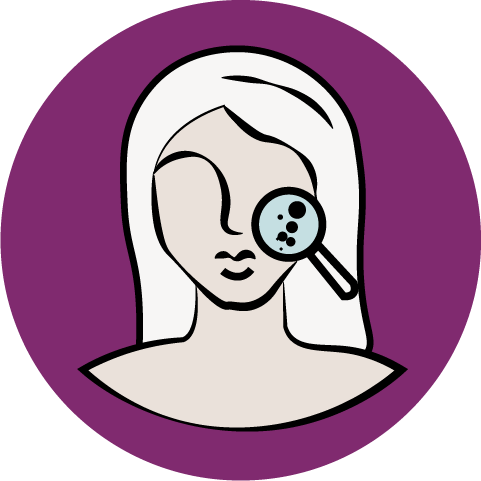Key messages
- Attualmente è emersa grande attenzione sull’effetto delle patologie dermatologiche su coloro che si prendono cura dei pazienti.
- Dal presente studio è emerso un forte impatto dell’estensione della psoriasi e delle caratteristiche delle placche sui caregiver.
Abstract
Intro
There is an increasing concern on the effect of dermatologic pathologies on caregivers. Recently, some authors focused on the role of caregiver of paediatric patients with psoriasis or other skin conditions, like atopic dermatitis introducing the Family Dermatology Life Quality Index. However, very little is known about the impact of psoriasis on the quality of life (QoL) of caregivers of adult psoriatic patients.
The main limitation of our study is that most information has been collected retrospectively, asking patients.
Methods
We enrolled 126 adult psoriatic patients, and their caregiver, referring to our service from September 2018 to December 2019.
The aim of the study was to relate psoriasis severity (using the Body Surface Area, BSA and Psoriasis Area and Severity Index, PASI) to the QoL of patient (using the Dermatology Life Quality Index, DLQI) and of their caregiver (using the validated Italian version of the Psoriasis Family Index-14, PFI-14). Pearson correlation coefficient and Spearman’s correlation coefficient were used to study the link between PFI-14 scores and BSA, PASI, and DLQI scores.
Results
The main concern for caregivers was related to patient’s future (38.9% of caregivers declared to be a lot or very much worried), regardless of patient PASI or BSA. However, this value reached 51.7% of caregivers, among patients with moderate-to-severe psoriasis. Then, the second concern was the time spent in helping the patient with the treatment (17.5% of caregivers complained an increased housework due to the treatment). However, only a minority of caregivers stated that psoriasis greatly influences his/her social life (3.2%), daily shopping (3.2%) or complained a lot or very much impairment of night sleeping (5.6%).
Moreover, regarding PFI-14, caregivers of patients with moderate-to-severe psoriasis had a total score higher than those of patients with mild psoriasis (p <0.001). A significant score difference for each PFI-14 item emerged when comparing the group with mild psoriasis and with moderate-to-severe psoriasis. Furthermore, there was a weak and inverse correlation between patient age and PFI-14 total score.
Conclusion
We found that the type of relationship between caregiver and patient influences the impact on the QoL of caregiver. A greater impact was seen in parents than in any other relationship. This is in line with Tollefson et al. and Tekin et al., in which psoriasis significantly affected the QoL of parents of psoriatic children.
